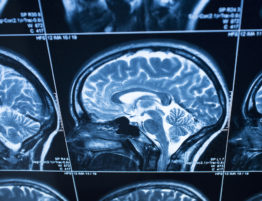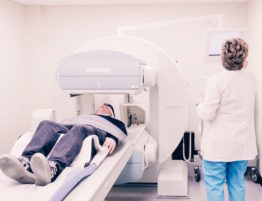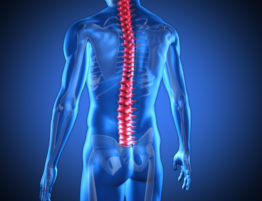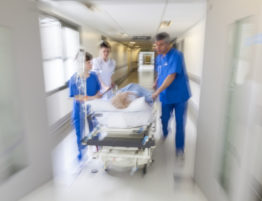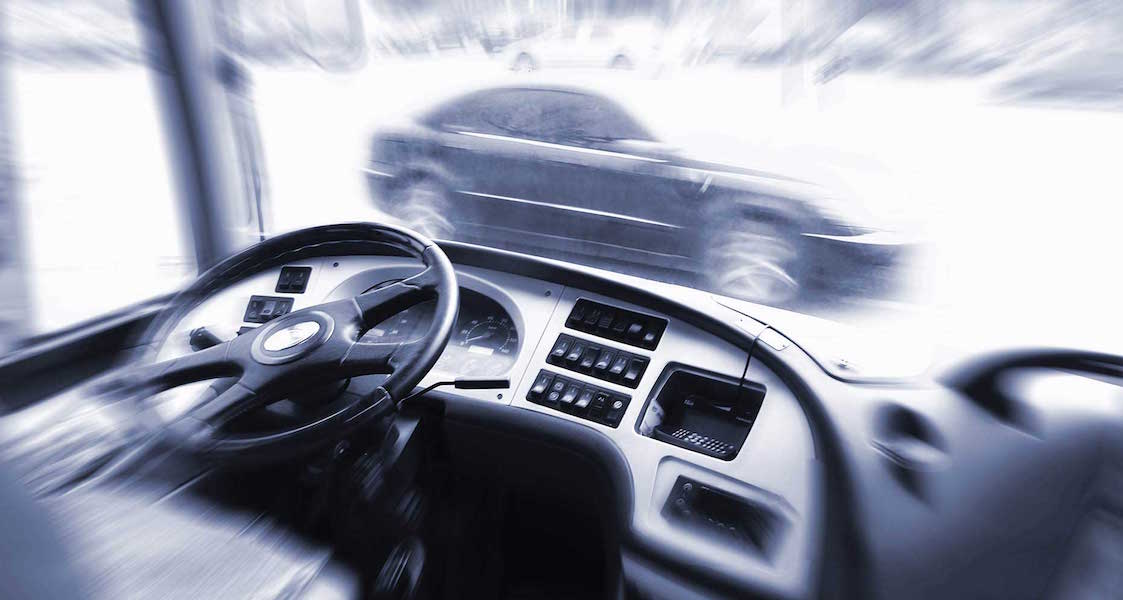
A motor vehicle accident is a serious matter, particularly when it involves a commercial truck. If you or a family member was involved in a truck accident, regardless of whether or not you were injured, you may be wondering what you should do next.
What follows is a general guide to what you should do immediately after an accident involving a truck such as a tanker, tractor trailer, semi or 18-wheeler. Your first priority should be taking care of any injuries you sustained. The next thing you should do, as soon as possible after the accident, is contact an attorney. An experienced truck accident attorney can advise you about what to do and the steps you need to take in order to preserve evidence and bring a claim.
Do Not Admit to Guilt in Any Way
When talking to the police or highway patrol about the accident, it is important to be truthful, but to also keep your comments minimal. Limit yourself to asking if anyone was hurt. You should especially not:
- Apologize
- Admit it was your fault
- Tell the other driver that your employer will take care of everything
- Say “I didn’t see you” or anything of the kind
Comments like these could be taken as an admission of fault. At this stage, it is often too early to determine fault, and you do not want to risk damaging your case down the road.
Report the Accident
Call 911 to report the accident. Many state laws require that you report an accident right away. Leaving the scene of an accident without waiting for the police to come is a crime in most states. Reporting the accident is also important if someone has been injured and needs immediate medical attention.
See a Doctor
It is best to seek attention quickly, even if you are not sure that you need it. You may be dazed or confused from the accident and not notice your own injuries. It is important to make sure that you have not sustained any serious injuries, or if you have, that you are seen by a doctor or other health care professional immediately.
Notify your Insurance Company
Instructions on how to report a claim, including the person or office to which it must be reported, will be found in your insurance policy. You should also review your policy to find out how much and what kind of coverage you have.
Contact Our Truck Accident & Personal Injury Attorneys
If you or a loved one has been seriously injured in a truck accident, it is important to contact an attorney as soon as possible. If you would like to file a lawsuit, it is critical to have an attorney begin investigating the accident and preserving evidence so that it is not lost. An attorney can assist you with gathering evidence such as:
- Information regarding the truck’s condition and maintenance records
- The speed the truck was traveling at the time of the accident
- The truck driver’s log book, GPS information and the truck’s “black box”
- Witness statements from eyewitnesses and first responders
- The driver’s driving history and whether he or she had any prior accidents
- The transportation company’s policies and procedures regarding safety and maintenance and the company’s accident history
Your attorney will also be able to work with expert witnesses who may be needed to testify about the possible negligence of a trucking company or driver. An expert can be any person who has experience in the trucking industry, such as a former trucking company executive, a safety director, a department of transportation investigator or an accident investigator with experience in the trucking field.
Los Angeles Area Large Truck and Semi-Truck Accident Attorney, Long Beach, CA
After a serious accident involving an 18-wheeler, tanker, dump truck or other large commercial vehicle, you may have many questions. Our attorneys are both knowledgeable and experienced in trucking laws — we can give you advice about how to handle your case.
For a Free Consultation Call (562) 435-8300
From offices in Long Beach, our lawyers represent clients in the Los Angeles area and throughout Southern California, including those injured in accidents on the Grapevine, Cajon Pass, U.S. 101, 60 Freeway and 1-5, I-10, 1-9 I, I-405, I-110, 1-105, [-210, 1-15 and 1-215.


